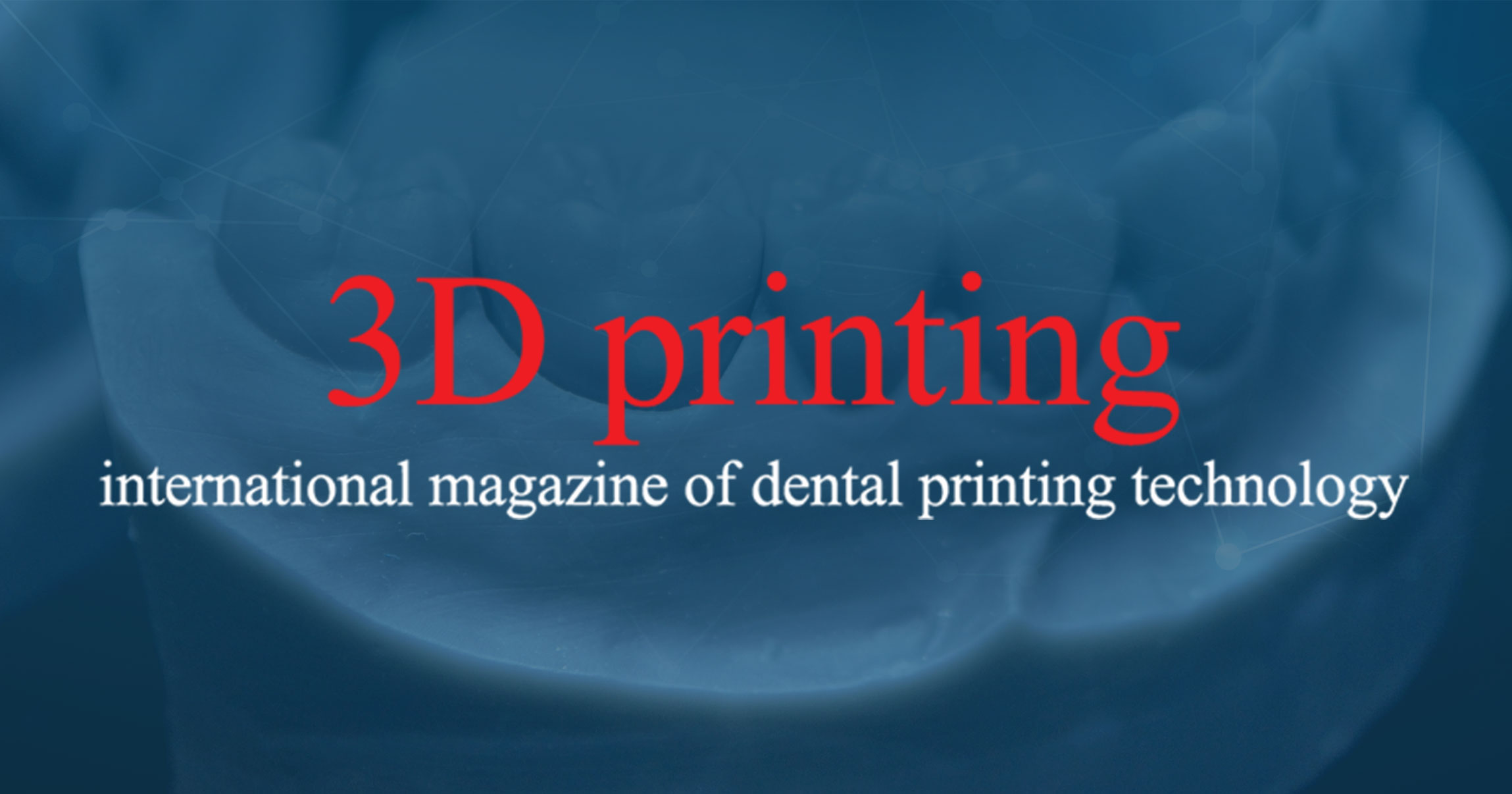JOHANNESBURG, South Africa: Calculations by the University of the Witwatersrand suggest that South Africa’s sugar-sweetened beverages tax, which is underway and proposed for implementation in April 2017, could save the country R10 billion (€560 million) in expenditure related to treating Type 2 diabetes over the next 20 years. The fiscal initiative, which was introduced by Finance Minister Pravin Gordhan in his national budget speech in February, is an effort to help reduce excessive sugar intake and curb obesity in the country.
Although Gordhan said that the sugar tax will be implemented in April next year, he has not yet said how high the levy will be. With the measure, South Africa will follow countries such as Denmark, Finland, France, Hungary, Ireland, Mexico and Norway, which all tax sugar-sweetened drinks already.
“Treasury will need to decide on the tax rate and what qualifies to be taxed,” remarked Aviva Tugendhaft, Deputy Director of PRICELESS SA at the university’s School of Public Health. The research programme is one of 26 representatives of the Public Health Community of South Africa that submitted a letter to treasury endorsing the tax plans in April. “The government may decide to institute a flat rate on all beverages, as has been done in Mexico, or consider taxing the caloric content of the drinks,” she said.
Both financial and health benefits resulting from the levy on beverages with added sugar, including soft drinks, fruit juices, energy drinks and vitamin waters, could be extensive, a 2015 study by Wits University has shown. If the tax is implemented at 20 per cent, Wits researchers calculated savings of R10 billion in costs for hospitalisations and medication related to treating rising cases of Type 2 diabetes. Moreover, the analysts estimated that the tax could prevent obesity in about 280,000 young adults.
South Africa has the highest obesity rate in sub-Saharan Africa. According to figures from the World Health Organization, 26.8 per cent of South Africans were obese in 2014. Just last year, the country’s health department released its national strategy on the prevention and control of the condition. It stated that fiscal measures were the most cost-effective ways to combat rising obesity compared with measures such as food labelling, advertising regulations or media campaigns.
Aside from increasing the risk for obesity, various studies have confirmed the direct relation between the intake of dietary sugars and dental caries. Soft drinks and juices are especially harmful to the teeth, since they tend to be very acidic, which makes the teeth particularly vulnerable to both dental decay and tooth erosion.



 阿尔巴尼亚 / Albania
阿尔巴尼亚 / Albania
 奥地利 / Österreich
奥地利 / Österreich
 波斯尼亚和黑塞哥维那 / Босна и Херцеговина
波斯尼亚和黑塞哥维那 / Босна и Херцеговина
 保加利亚 / България
保加利亚 / България
 克罗地亚 / Hrvatska
克罗地亚 / Hrvatska
 捷克共和国和斯洛伐克 / Česká republika & Slovensko
捷克共和国和斯洛伐克 / Česká republika & Slovensko
 芬兰 / Suomi
芬兰 / Suomi
 法国 / France
法国 / France
 德国 / Deutschland
德国 / Deutschland
 希腊 / ΕΛΛΑΔΑ
希腊 / ΕΛΛΑΔΑ
 意大利 / Italia
意大利 / Italia
 荷兰 / Nederland
荷兰 / Nederland
 北欧的 / Nordic
北欧的 / Nordic
 波兰 / Polska
波兰 / Polska
 葡萄牙 / Portugal
葡萄牙 / Portugal
 罗马尼亚和摩尔多瓦 / România & Moldova
罗马尼亚和摩尔多瓦 / România & Moldova
 斯洛文尼亚 / Slovenija
斯洛文尼亚 / Slovenija
 塞尔维亚和黑山 / Србија и Црна Гора
塞尔维亚和黑山 / Србија и Црна Гора
 西班牙 / España
西班牙 / España
 瑞士 / Schweiz
瑞士 / Schweiz
 火鸡 / Türkiye
火鸡 / Türkiye
 英国和爱尔兰 / UK & Ireland
英国和爱尔兰 / UK & Ireland
 国际的 / International
国际的 / International
 巴西 / Brasil
巴西 / Brasil
 加拿大 / Canada
加拿大 / Canada
 拉丁美洲 / Latinoamérica
拉丁美洲 / Latinoamérica
 利用 / USA
利用 / USA
 印度 / भारत गणराज्य
印度 / भारत गणराज्य
 日本 / 日本
日本 / 日本
 巴基斯坦 / Pākistān
巴基斯坦 / Pākistān
 越南 / Việt Nam
越南 / Việt Nam
 东盟 / ASEAN
东盟 / ASEAN
 以色列 / מְדִינַת יִשְׂרָאֵל
以色列 / מְדִינַת יִשְׂרָאֵל
 阿尔及利亚 / الجزائر
阿尔及利亚 / الجزائر
 中东 / Middle East
中东 / Middle East
:sharpen(level=0):output(format=jpeg)/up/dt/2023/03/06-1.jpg)
:sharpen(level=0):output(format=jpeg)/up/dt/2023/03/IDS2023a.jpg)
:sharpen(level=0):output(format=jpeg)/up/dt/2023/03/CEOPH.jpg)
:sharpen(level=0):output(format=jpeg)/up/dt/2023/03/impltsaveWeb.jpg)
:sharpen(level=0):output(format=jpeg)/up/dt/2023/02/europ1.jpg)







:sharpen(level=0):output(format=png)/up/dt/2014/02/Du%CC%88rr_Dental.png)
:sharpen(level=0):output(format=png)/up/dt/2014/02/3shape.png)
:sharpen(level=0):output(format=png)/up/dt/2014/02/kuraray.png)
:sharpen(level=0):output(format=png)/up/dt/2013/04/Dentsply-Sirona.png)
:sharpen(level=0):output(format=png)/up/dt/2014/02/A-dec.png)
:sharpen(level=0):output(format=png)/up/dt/2010/06/DirectaDentalGroup_2021_new_a.png)
:sharpen(level=0):output(format=jpeg)/up/dt/e-papers/320439/1.jpg)
:sharpen(level=0):output(format=jpeg)/up/dt/2022/08/DTCHI_0322_FINAL.jpg)
:sharpen(level=0):output(format=jpeg)/up/dt/e-papers/307114/1.jpg)
:sharpen(level=0):output(format=jpeg)/up/dt/e-papers/302868/1.jpg)
:sharpen(level=0):output(format=jpeg)/up/dt/e-papers/295582/1.jpg)
:sharpen(level=0):output(format=jpeg)/up/dt/e-papers/274907/1.jpg)
:sharpen(level=0):output(format=png)/up/dt/2023/03/IMP-Banner-Image-World-Summit-Athens.png)
:sharpen(level=0):output(format=jpeg)/up/dt/2023/03/corp-en-us-image-dsw23-homepage-teaser-stage.jpg)
:sharpen(level=0):output(format=jpeg)/up/dt/2017/01/8c67026a6a885133667be2541fd1496f.jpg)

:sharpen(level=0):output(format=jpeg)/up/dt/2023/03/06-1.jpg)
:sharpen(level=0):output(format=gif)/wp-content/themes/dt/images/dt-user.gif)
:sharpen(level=0):output(format=jpeg)/up/dt/2022/04/Study-finds-interdental-brushes-and-rubber-picks-most-effective-devices.jpg)
:sharpen(level=0):output(format=jpeg)/up/dt/2022/08/Artificial-intelligence-may-automate-design-of-biomimetic-single-tooth-protheses_NEW.jpg)
:sharpen(level=0):output(format=jpeg)/up/dt/2023/02/align1.jpg)
:sharpen(level=0):output(format=jpeg)/up/dt/2022/09/China-caps-cost-of-implant-therapy-1-1.jpg)
:sharpen(level=0):output(format=jpeg)/up/dt/2023/03/impltsaveWeb.jpg)
:sharpen(level=0):output(format=jpeg)/up/dt/2022/09/aisearc.jpg)
:sharpen(level=0):output(format=jpeg)/up/dt/2016/07/ffe4fc365890d12961ab512d059031d3.jpg)
:sharpen(level=0):output(format=jpeg)/up/dt/2018/05/sugary-drinks.jpg)
:sharpen(level=0):output(format=jpeg)/up/dt/2017/05/resize_1495440854_uploads_images_f7eec11ffe77a903ce1361e0562aa77c_jpg_610x0_85.jpg)
:sharpen(level=0):output(format=jpeg)/up/dt/2021/12/The-good-the-bad-and-the-unproven-1188x668-.jpg)
:sharpen(level=0):output(format=jpeg)/up/dt/2021/07/Sweden-predicts-continued-shortage-of-dentists_780-x-439-1188x668-.jpg)








:sharpen(level=0):output(format=jpeg)/up/dt/2023/03/06-1.jpg)
:sharpen(level=0):output(format=jpeg)/up/dt/2023/03/IDS2023a.jpg)
:sharpen(level=0):output(format=jpeg)/up/dt/2023/03/CEOPH.jpg)
:sharpen(level=0):output(format=jpeg)/up/dt/2022/08/DTCHI_0322_FINAL.jpg)
:sharpen(level=0):output(format=jpeg)/up/dt/e-papers/307114/1.jpg)
:sharpen(level=0):output(format=jpeg)/up/dt/e-papers/302868/1.jpg)
:sharpen(level=0):output(format=jpeg)/up/dt/e-papers/295582/1.jpg)
:sharpen(level=0):output(format=jpeg)/up/dt/e-papers/274907/1.jpg)
:sharpen(level=0):output(format=jpeg)/up/dt/e-papers/320439/1.jpg)
:sharpen(level=0):output(format=jpeg)/up/dt/e-papers/320439/2.jpg)



